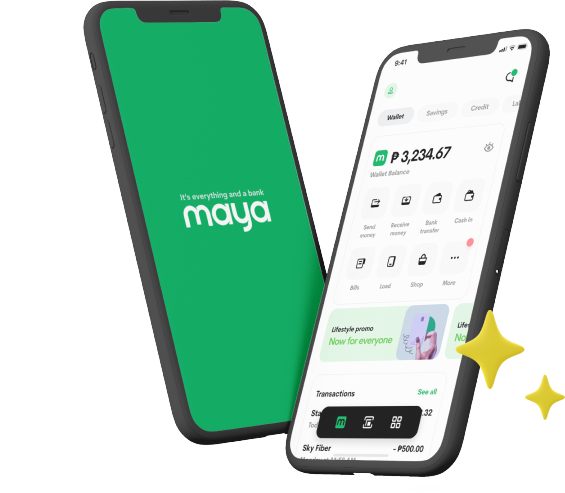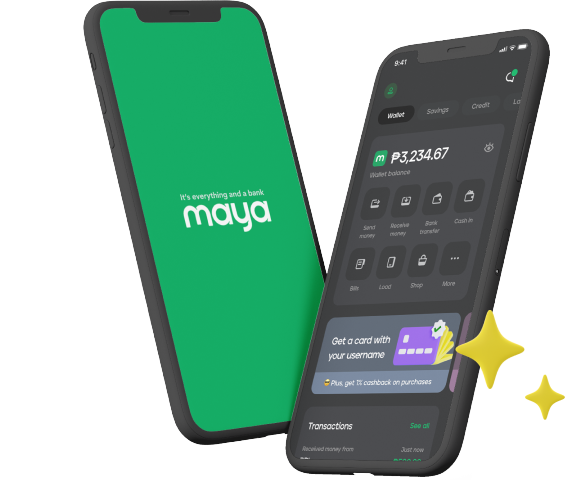
Credit cards can be a convenient tool for managing your expenses and building credit, but for you to enjoy their benefits, you need to understand and fulfill the obligations that come with owning credit cards. One such responsibility is settling your payments on time, as failing to do so can lead to penalties and inflated interest rates, and it could even impact your credit standing. That said, while paying one’s credit card dues is a simple enough task, many cardholders unknowingly make common mistakes that can have financial consequences. In this article, we’ll highlight some of these potential errors and will provide you with practical tips on how you can avoid them to help you stay on top of your finances.
Forgetting and Missing the Due Date
Managing your finances can get tricky, especially when you’re juggling multiple bills, so it’s easy to overlook or forget about your credit card due dates. However, this oversight can lead you to develop a pattern of poor payment habits, which can harm your credit score in the long run. Missing a payment, even once, can set off a chain reaction that makes it harder to keep up with future payments, potentially leading to long-term financial setbacks. Thus, you need to stay on top of your due dates to avoid these consequences and maintain good financial health.
Luckily, some credit issuers will notify you in advance of your upcoming due dates to reduce your chances of missing payments. Landers Cashback Everywhere Credit Card holders, for example, will receive a notification from Maya via SMS, email, and their Maya app. This approach ensures that cardholders are reminded multiple times before the payment is due, making it easier to stay on track and avoid unnecessary late fees or interest charges. If your credit card doesn’t have this feature, you can set up reminders of payment dates via the calendar app on your phone so you never have to worry about missing a payment again.
Paying Too Late in the Billing Cycle
Even if you remember your due date, paying too late in the billing cycle can also cause issues, as the last-minute rush to make a payment may not leave enough time for processing. A delay in processing can result in your payment being posted after the due date, leading to late fees or higher interest charges. As such, it’s always best to pay at least a few days before the due date. Giving your payment enough time to get processed ensures it’s recorded on time with your bank.
Paying Only the Minimum Amount Due
Even though paying only the minimum on your due balance may seem like an easy option, it can quickly become a costly habit. The minimum payment is usually calculated as a small percentage of your outstanding balance or a fixed amount, often only covering the interest and a small portion of the principal. This means that most of your payment is applied to interest charges, and your remaining balance continues to accrue more interest. Over time, this can lead to a growing debt that takes longer to pay off and costs you significantly more in interest.
The primary reason people fall into this trap is the misconception that making the minimum payment is enough to maintain a good standing with their card providers. Unfortunately, this often results in paying off the debt at a much slower rate. Therefore, you should always aim to pay off your balance in full to eliminate any financial burden and stay in control of your credit card expenses. If that’s not feasible, paying more than the minimum—as close to the full amount due as possible—can help reduce the principal more quickly and minimize interest charges. Making a larger payment will ultimately help you pay off your balance faster and reduce long-term costs.
Using Inefficient Payment Methods
Many credit card issuers enable their users to pay for their credit cards through various channels, such as paying by check and making in-person payments at the bank or any over-the-counter partner payment center. While having multiple payment options provides flexibility, not all methods are equally efficient. Some payment methods can take several days to process, leading to delays that may result in missed due dates or late fees. Thus, it’s a good idea to choose the most efficient and reliable payment method when paying your credit card dues to ensure that your payment is processed quickly and on time.
Landers Cashback Everywhere Credit Card holders can easily settle their Maya credit card payments via the Maya app. All they have to do is make sure that they have enough funds in their Maya Wallet and follow these steps:
- Log in to Maya and go to Cards
- Select your credit card
- Tap the Pay button
- Review or change the amount to be paid
- Tap Pay Now to complete your payment
Paying through the Maya app offers great convenience, as Landers Cashback Everywhere Credit Card holders can pay anytime, anywhere, and the payments are posted quite fast. Payments made during a banking day will be posted within the day. If not, payments will be posted on the next banking day.
Not Updating Your Billing Information
Whether you’ve changed addresses, switched banks, or updated your phone number or email, it’s crucial to keep your credit card issuer informed about any changes. If your billing information is outdated, important notifications—such as due date reminders or statements—may not reach you, increasing the chances of missing a payment. That said, make it a habit to regularly review and update your billing information, especially after any major life changes. Most credit card issuers allow you to update your details easily through their online portals, mobile apps, or customer service, making the process easier. Taking the time to ensure your information is current helps ensure you stay informed about your due dates and avoid any unnecessary issues that could harm your financial health.
Managing your credit card payments responsibly is key to maintaining a healthy financial life. Yet, it’s easy to make common mistakes, especially when you’re juggling multiple financial responsibilities, leading to small oversights that can quickly snowball into bigger problems that can affect both your daily budget and your credit standing. With the tips we’ve shared above, you can take a proactive approach to keeping track of your credit card bills and ensure that your card works for you, not against you.
*Transactions that don’t qualify include: cash in, cash advance, quasi cash purchases, casinos and gambling, fuel, supermarket, pharmaceuticals, utilities, telco, and government.
You might also like
These Stories on Maya Bank




